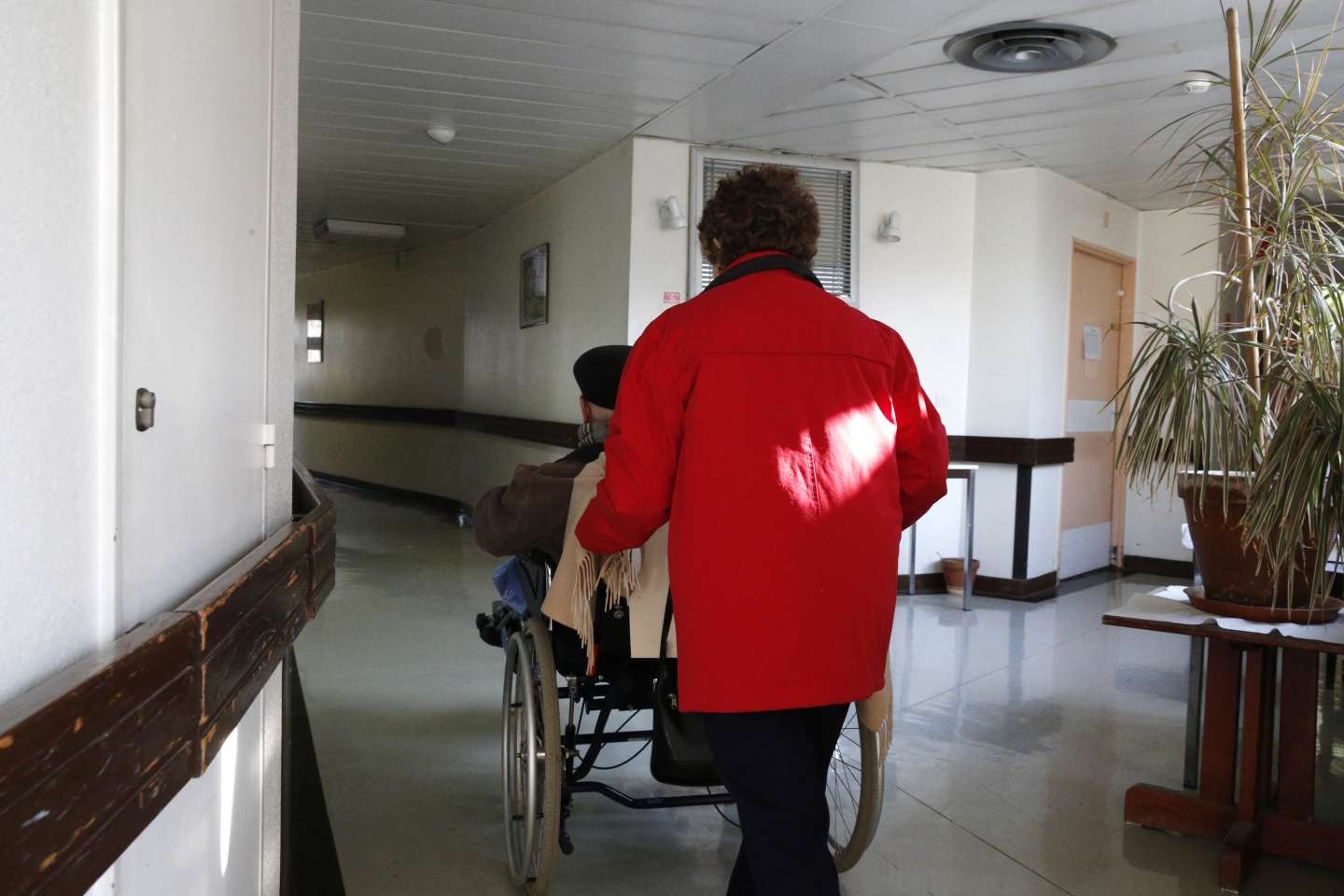Moral support, day-to-day assistance or financial support… Some 9.3 million people were considered “caregivers” in 2021 in France, according to a study published Thursday February 2 by the Direction de la animation de la recherche, des études et statistics (Drees). This aid is directed towards relatives with disabilities (estimated at 7.6 million in this other DREES publication) or loss of autonomy.
Moral support as the main form of help
Three forms of assistance were selected by the authors of the survey: assistance with daily living, moral support and financial assistance. About a third (36.4%) of the 9.3 million relatives combine two or three forms of assistance. Moral support is the most common (6.4 million).
Women are much more numerous. Among adults, they are 56% to declare help, whatever the form, whereas they represent only 52.2% of the population. But caregivers can also be minors: the survey counts 522,000 relatives under the age of 18. Among the youngest, the gender difference is less marked. The study states that “girls are slightly overrepresented (…). Indeed, they represent 50.8% of all minor caregivers, while they represent 48.8% of the population aged 5 to 17 in France..
Strong involvement between 50 and 69 years old
Most carers are older: between the ages of 50 and 69, about one person in five says they regularly help at least one loved one, a proportion that rises to almost a quarter among those aged 55 to 64. The reason stems from the age pyramid: as you age, “the probability of having a relative in a situation of loss of autonomy (grandparent, parent then spouse) increases”.
Regarding health, and despite a causality that is difficult to establish, caregivers report having a poorer state of health than the general population, on average. This result “perhaps reflects the existence of an impact of the caregiver situation on health, via the mental and physical load that it can induce”.
Strong geographical disparities
The share of caregivers is not the same across the country, even after normalizing age differences. Strong disparities appear according to the regions: there are 12.4% of caregivers in the Pays de la Loire and up to 21.7% in Martinique – the national average is 14.8%. “Part of the regional disparities seem to be explained by that of the proportion of people with disabilities or loss of autonomy”specifies the study of the Drees.
Update of February 10: update of the article after data was modified by the DREES.
